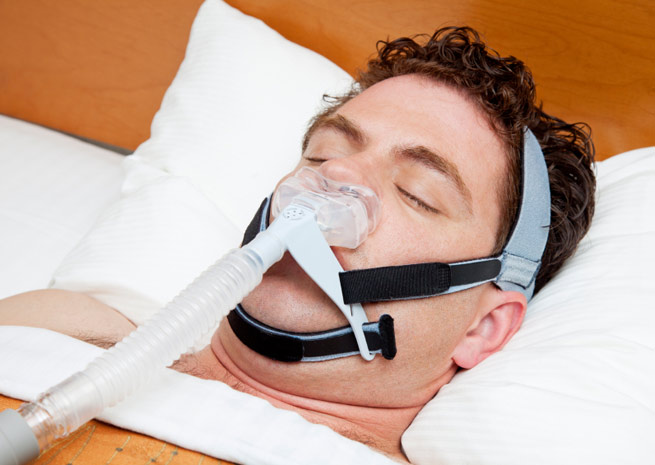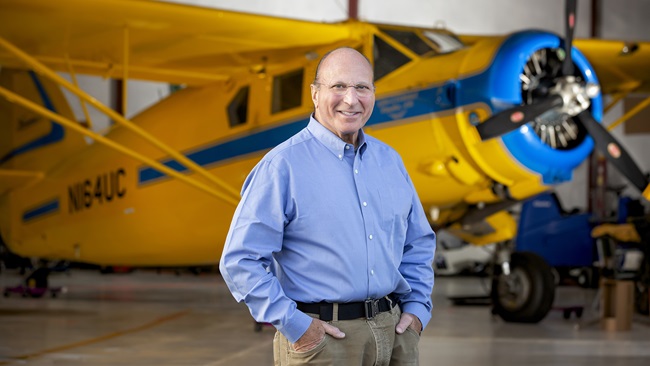AOPA to ask FAA to suspend implementation of new sleep apnea policy
Rule would require screening based on body mass index
Editor's note: AOPA has sent a letter to FAA Administrator Michael Huerta, insisting that the FAA withdraw its sleep apnea policy. See the latest.
AOPA is asking the FAA to indefinitely suspend implementation of a new policy that would require some pilots to be screened and, if necessary, treated for obstructive sleep apnea before receiving a medical certificate. The screening would initially apply to pilots with a body mass index (BMI) over 40. Over time, the FAA would lower the BMI requirement, compelling more pilots to be screened by a board-certified sleep specialist. The policy is the result of NTSB recommendations, but AOPA argues that there is no evidence to support the need for such screenings among general aviation pilots.
“This policy seems to be based on one incident involving an airline flight. In that case, the crew fell asleep and missed their destination but woke up and landed safely,” said Rob Hackman, AOPA vice president of regulatory affairs. “Analysis of a decade of fatal general aviation accidents by the General Aviation Joint Steering Committee didn’t identify obstructive sleep apnea as a contributing or causal factor in any of the accidents studied.”
AOPA is composing a formal letter to FAA Federal Flight Surgeon Dr. Fred Tilton asking him not to implement the new policy and noting that there was no public comment period before the policy was announced. The new requirements could potentially affect thousands of pilots, adding to the already significant backlog for processing special issuance medicals. In 2011, the FAA identified 124,973 airmen who are considered obese, making them potential candidates for screening.
The new policy grew out of a 2009 NTSB recommendation that the FAA change the airman medical application to include questions about any previous diagnosis of obstructive sleep apnea as well as the presence of risk factors for the disorder. The recommendation also asked the FAA to implement a program to require pilots at high risk for obstructive sleep apnea to be evaluated and, if needed, treated before being granted medical certification.



